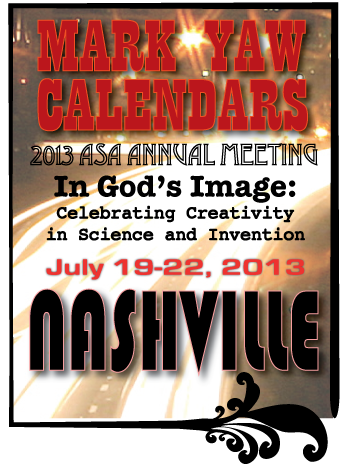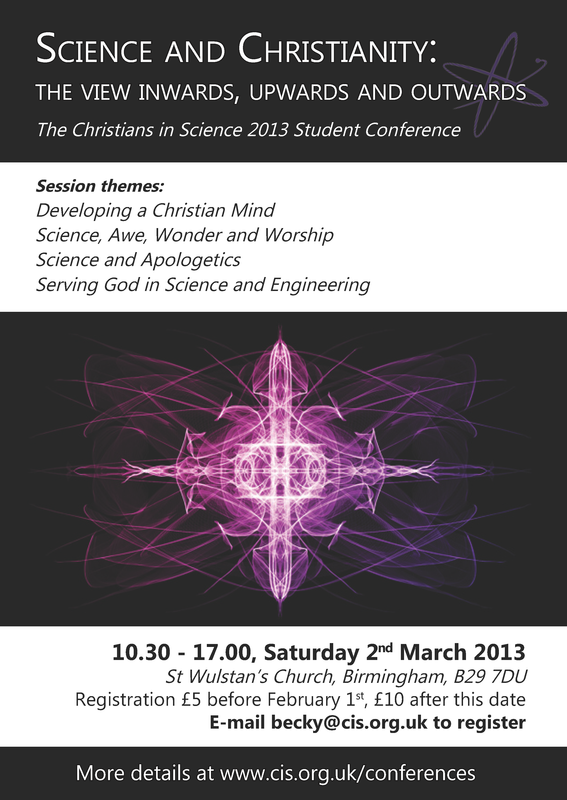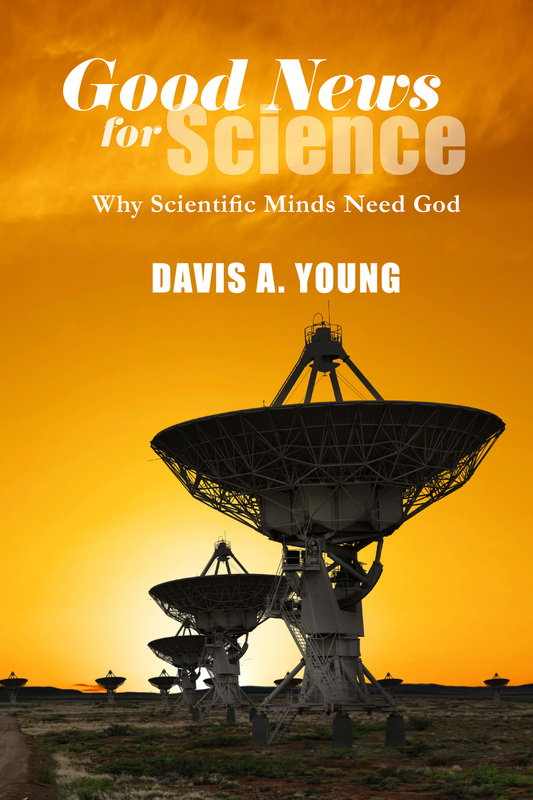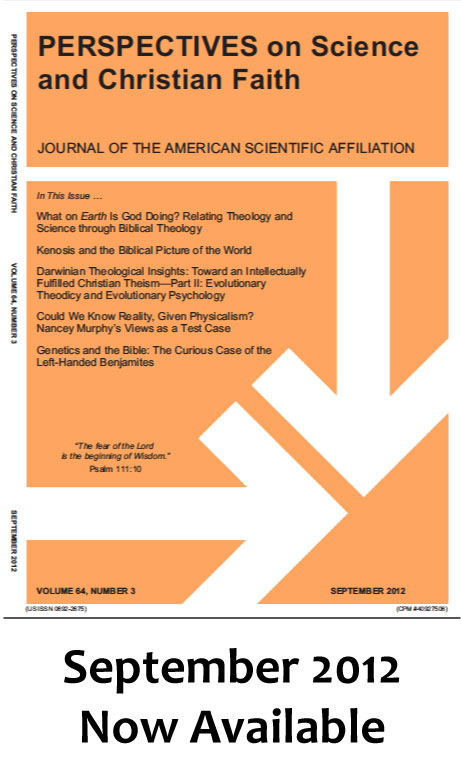STEM Sells
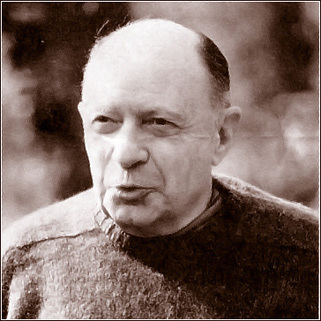 Photo of Jaques Ellul
by Walt Hearn
Two weeks before the ASA met last summer, another group of Christian scholars met at Wheaton College to honor "a prophet in the technological wilderness," commemorating the centennial of the birth of Jacques Ellul. Ellul (1912-1994) was neither a scientist nor technologist, but a long-time professor of law at the University of Bordeaux in France. That doesn't begin to describe that Christian polymath (philosophy, sociology, economics, theology) who wrote 58 books and over a thousand articles. He was no isolated armchair thinker: in WWII he participated in the French resistance against the Nazis; in politics he served as deputy mayor of Bordeaux; in the Reformed Church of France he pushed for continuing reform. His books had strong biblical themes. Many have been translated from French into English. Jacques Ellul's works deserve ASA attention for his strong analysis and criticism of what he called technē. He used that term (often translated "technique") for "the spirit of technology." The essence of his thought was that technē inescapably shapes society through its determination to do everything in the most efficient way. Here's a quote from a 1967 translation of The Presence of the Kingdom (1948): A principal characteristic of technique … is its refusal to tolerate moral judgments. It is absolutely independent of them and eliminates them from its domain. Technique never observes the distinction between moral and immoral use. It tends, on the contrary, to create a completely independent technical morality (p. 97). Two of Ellul's later works, The Technological Society (1954) and The Technological Bluff (1990), have influenced my own thinking about science, but especially about education. To be successful, a young scientist has to think up a new problem, or tackle an old one with newly available techniques. Technology is regarded as applied science, in contrast to pure science driven entirely by curiosity. Basic science is often "sold" as the basis of modern technology, the engine of economic growth. But is either enterprise more basic than the other? Scientists are totally dependent on equipment invented and improved by technologists (think cyclotrons, electron microscopes―even Pyrex glass). Hence science might just as well be considered "applied technology." Technologists grappling to solve specific problems are hardly distinguishable from engineers. The "purity" of "pure science" refers not to a moral quality but to an absence of commercial contamination. When the U.S. Department of Defense gets some $70 billion for R&D (Research and Development), you can bet that nearly all of it will go to "D." Basic scientists who may feel short-changed in R&D allocations do have a way of balancing the books: Have you ever noticed that bad outcomes are reported in the popular press as "technological failures," but a success is always a "scientific breakthrough"? Basic science can probably take care of itself, but I worry about basic education. Science used to be included with the liberal arts. Nowadays, Science, Technology, and Engineering are commonly lumped together with Mathematics, and the buzz is all about "STEM education." When policy makers try to sell STEM as the most important kind of education, maybe the only kind worth supporting, we can see Ellul's prophecy coming true. Educational purists will try to hold out, but Ellul made a strong case that "technological takeover" of everything is inevitable. Deeply pessimistic about society, he maintained hope in a transcendent God able to override an otherwise dismal outcome for the world. My graduate mentor at the U. of Illinois, Professor Herbert E. Carter, fostered a lighthearted environment in his research group, often saying, "If research isn't fun, then it shouldn't be done." Yet I recall one occasion when commercial considerations threatened to take over. In the late 1940s the search was on for new antibiotics. It was said that pharmaceutical executives could write off jaunts to exotic places like Tahiti or Bali as business trips merely by bringing back a little vial of soil to be cultured in the company's research laboratory. "Herb" Carter had participated in the penicillin project in WWII and his lab was pretty much devoted to work on antibiotics, one way or another. I was trying to elucidate the structure of a medically useless one (Streptothricin) while other students searched for useful new compounds from microbial brews. One isolate showed great promise against a wide range of bacterial strains. I remember "the boss" saying, "Boys [this was the '50s], we've got a hot one! The university might even want to patent it. Be sure you're dating and signing every page of your lab notebooks―and have somebody else witness your signature and initial it." Our lab had indeed discovered a commercially viable antibiotic. In fact it was Aureomycin, the first of the tetracyclines. The only problem was that Lederle Laboratories had already applied for a patent and had begun scaling up to produce it. Oh, well. Win some, lose some; back to pure science. (Incidentally, Aureomycin was first discovered by U. of Missouri botany professor Benjamin Duggar, who fished it out of a culture of Streptomyces aureofaciens in soil from his own campus, hardly an exotic locale. As a consultant to Lederle, he had tested thousands of cultures before finding that "hot one.") Today it is not unusual for research universities to have patent offices. While taking their cut of "overhead" from research grants, university administrators wish that their professors could produce even greater streams of revenue. Some universities are toying with a "business model" in which, say, chemistry professors do fee-for-service contract work for pharmaceutical companies. The U.S. Patent and Trademark Office (USPTO) has announced plans to open its own office at Cornell University's New York City Tech Campus, to provide academic researchers in the New York region better access to a broad array of government commercialization resources. Phi Beta Kappa, the oldest academic honor society in the U.S. (established in 1776), reports that only 5.5% of U.S. colleges now grant the majority of their degrees in the liberal arts and sciences. "Instead, specialization and technical training have become the norm." One thing likely to get lost in an emphasis on STEM education is what the Bible calls "wisdom and understanding." Can that trend be resisted by thoughtful Christian professors? I hope so. Maybe that's happening in church-supported colleges, but the spirit of technē hovers menacingly over undergraduate education in financially stressed research universities. There, "STEM pays"―which is why "STEM sells." As Jacques Ellul would have said, "C'est dommage, n'est-ce pas?" |



